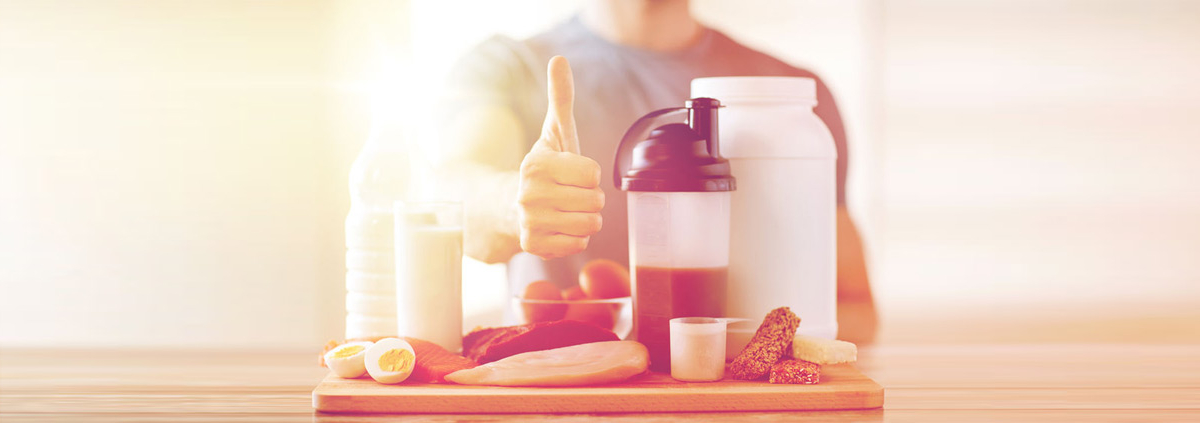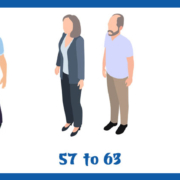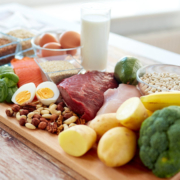The Bottom Line on Essential Amino Acids
Essential amino acids are becoming more prevalent in the sport nutrition supplement offerings. Yet there are still questions that remain, and we don’t have a total picture of who will benefit from EAA use. Let’s take a look.
Questions
Even with this new research, there’s so much we still don’t know about EAAs.
- Is there a special proportion of EAAs that works best? In other words, should the amount of leucine or isoleucine or tryptophan be higher than other EAAs? What’s the best proportion?
- What’s the best source? Milk, which contains whey and casein? Soy? Rice? Pea? Or a form of meat such as chicken, fish, or beef?
- Do the EAAs compete for absorption? Does eating a complete protein such as the protein in beef or chicken inhibit the absorption of the EAAs in the protein? After all, just eating more meat could potentially be the best solution, but maybe it’s not as efficient as getting the EAAs in a stand-alone product.
- How much muscle will athletes build in how long a time? Will it be 1% or 5% better than just eating more protein or will it be the same?
- Should the EAAs be taken alone or as part of a protein shake?
- When is the best time to take the EAAs in relation to a workout? Or does it really not matter? What about other nutrients taken at the same time such as carbohydrates or fats? Will they positively or negatively impact the EAAs?
There are some partial answers in the research but nowhere near enough to say “This is how you do it for the best benefit.” That’s not to say that there are no opinions, but it’s based more on limited research or personal experience than anything else.
The Bottom Line
Based on all of the available information, here is the bottom line on EAAs.
- Everyone needs more EAAs in their diet, especially those of us over 50. (We all need to do more resistance exercise, but that’s a different Memo.) It’s more than just losing muscles mass as we age; it’s also about being able to make all the hormones we need for optimal health.
- Eat about one gram protein per pound of body weight up to about 150 grams per day. If someone is overweight or oversized, trial and error is the only way to set an upper limit. But it’s critical for athletes and older people to hit that mark. Chicken seems to be the best profile for EAAs next to milk protein, but there’s more research needed.
- If you get your EAAs from powders, whey protein isolate seems to have the best profile based on the content of branch-chained amino acids, but soy protein has a good profile as well. There doesn’t seem to be a perfect source yet.
- If you want to take a separate EAA product that has no other amino acids, that’s fine. It will probably be best to take it before you work out or lift weights, but there’s good reason to take it after working out as well. About 15 to 30 minutes later, take your complete protein, whether from powders or food.
As research continues, I’ll update the recommendations as we get more answers. For now, make sure you get enough protein for health and growth based on what we know today.
What are you prepared to do today?
Dr. Chet









